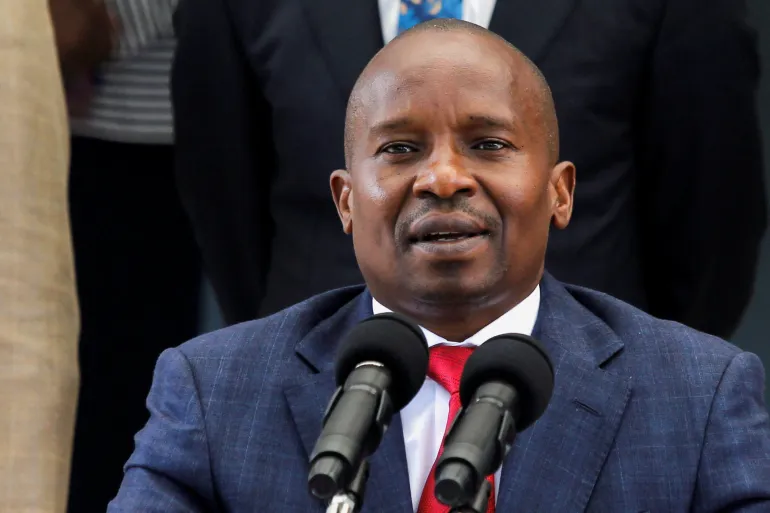
Deputy President Kithure Kindiki has underscored the urgent need for sweeping reforms in Kenya’s education system to better prepare graduates for the demands of the global job market.
Speaking during a high-level meeting with leaders from the Ministry of Education, Kindiki outlined three key priorities for the sector: improving access, enhancing affordability, and ensuring quality across all levels of learning.
He highlighted that the current system requires significant adjustments to align with the rapidly changing demands of the modern world.
The Presidential Working Party on Education Reform, convened in Karen, proposed enhancing the Competence-Based Curriculum (CBC) to reflect global trends in education and skills development. The task force also recommended increasing funding for technical, vocational, and university education to enable more Kenyans to contribute effectively to the nation’s growth.
Kindiki emphasized the importance of evolving the CBC to address future trends in pedagogy and human capital development. “The CBC must respond to future global trends in pedagogy and human capital development,” he stated, underscoring the need for an education system that equips graduates to meet global workforce demands.
The meeting was attended by key education leaders, including Cabinet Secretary Julius Migos Ogamba and Permanent Secretaries Dr. Belio Kipsang (Basic Education), Dr. Beatrice Inyangala (Higher Education and Research), and Dr. Esther Muoria (TVET), among others.
This push for reforms comes amid growing concerns over the education system’s ability to prepare students for the workforce. Stakeholders have raised alarm over gaps in the current curriculum, which they argue do not adequately address the skills needed for Kenya’s economic development.
As the government intensifies efforts to revamp the education sector, all eyes will be on the implementation of these reforms to ensure Kenya’s graduates are well-equipped to thrive in a competitive global economy.